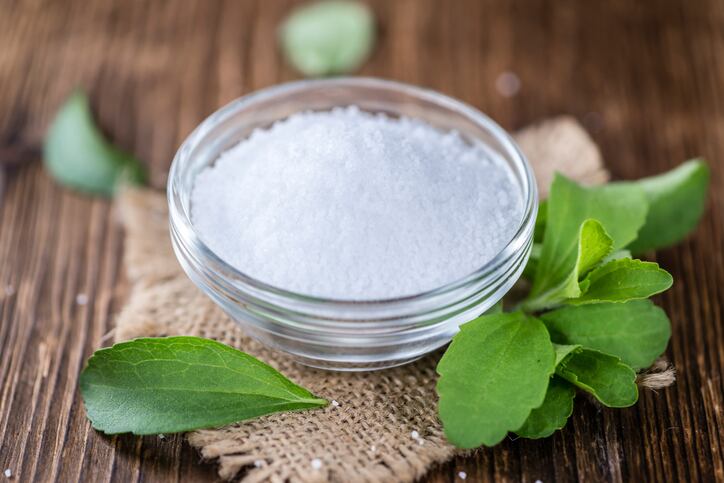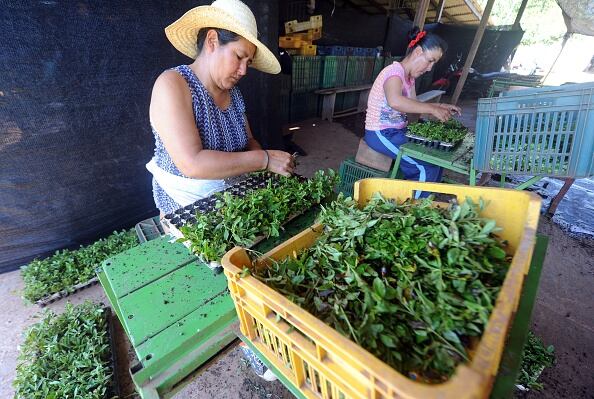Carried out by communications company Kellen on behalf of The International Stevia Council (ISC), the trade association that represents the interests of stevia growers, producers and suppliers, the ISC Conversation & Trend Analysis analyzed social media mentions in both English-speaking and Spanish-speaking platforms from January 2017 to December 2018, and then compared the results with data from 2013 to 2015.
It found that, when compared to other low and no-calorie sweeteners, stevia is “the most talked-about low and zero-calorie sweetener”. Tracking mentions on popular social media platforms such as Instagram, Tumblr, Reddit, news sources and chat forums, they found that mentions of stevia in Spanish almost doubled, increasing from 38,965 to 77,535.
The rise in mentions in English was even more pronounced, growing from 101,697 to 258,669. “There has been a dramatic increase in the total amount of the conversation, mentions of stevia in conjunction with the selected keywords, in both English with a 254% increase over the previous period, and Spanish with a 200% increase,” said the ISC’s executive director, Maria Teresa Scardigli.
Spain tops
There was also an 11% increase in the number of positive sentiment mentions in Spanish.
Overall, mentions that were either positive or neutral accounted for 82% of overall mentions. Individuals talked about using the sweetener in recipes for foods such as milkshakes, coffee, pastries, cakes, and ice cream.
The surveyors looked at data from Spain and Latin America (Argentina, Bolivia, Brazil, Chile, Colombia, Costa Rica, Cuba, Dominican Republic, Ecuador, El Salvador, Guatemala, Honduras, Mexico, Nicaragua, Panama, Paraguay, Peru, Puerto Rico, Uruguay and Venezuela.)
Most interest among Hispanophones in the sweet-tasting plant that is native to Paraguay, however, was in Spain which accounted for 44% of the mentions. The next highest-ranking country was Argentina at 16%, followed by Mexico at 11.5%, Colombia at 8% and Chile at 6%. The topic of conversation has also shifted from mentions about recipes and taste to more around weight loss and diabetes or blood sugar management, although this was more pronounced in English-speaking countries.
According to Diane Jackson, communications manager at ISC, tracking social media mentions of stevia, instead of sales, for instance, is an efficient way to gauge public interest in the food ingredient. “Companies such as Mintel, Innova and Canadean etc [track] new product launches but these data do not provide the overall sentiment of consumers on stevia. Basically, our strategy was to track the sentiment of consumers, bloggers and influencers via social conversations using Crimson Hexagon, a well-known industry resource.”
Stevia blends offer more choice
Stevia extract’s premium price tag means that in Latin American countries it is often mixed with cheaper, artificial sweeteners such as sucralose, aspartame, or polyols. Do such formulations tarnish stevia’s natural image?
“[…] Food and beverage manufacturers decide how to best use stevia to achieve sugar reduction in reformulation and product innovation,” Jackon told FoodNavigator-LATAM. “They should transparently report the ingredients used in the labeling, in alignment with national legislation. This will allow consumers to make informed decisions on the product they buy and wish to enjoy.”
The International Stevia Council will use the analysis to compile marketing and communications materials such as fact sheets and position papers with regulatory or communications matters relevant to Latin America markets.




